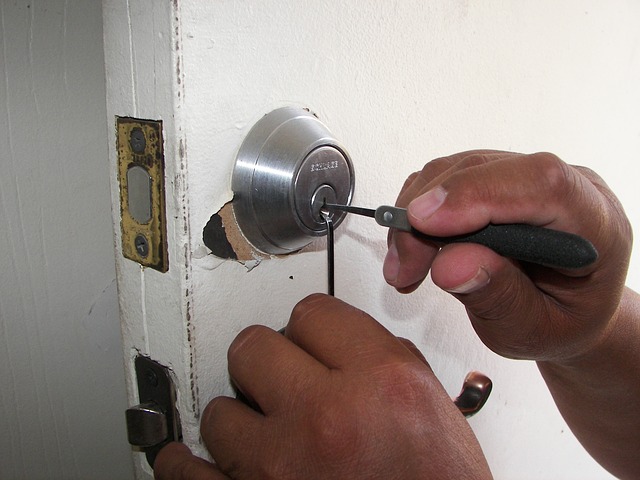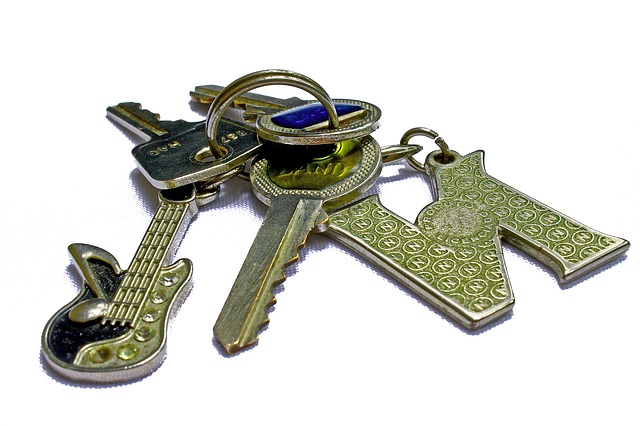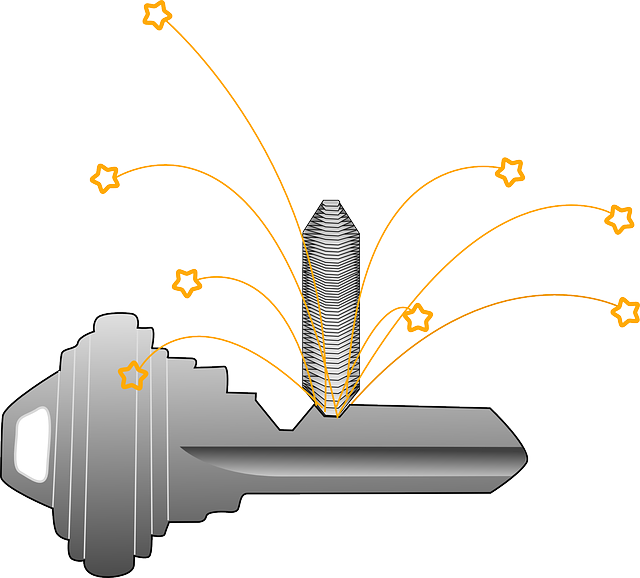You’d be surprised to learn that locksmithing is oldest and most honoroble profession in the world. The 21st century has created many changes to the job and the days when a locksmith’s task was to install or repair mechanical locks is long gone.
Advances in technology are opening up lucrative specializations for professional locksmiths who are experts in technology. As a locksmith, skills in electronic access control, electronic safe locks and electronically encoded automotive keys are highly valued. Closed-circuit TV is another specialty that is becoming popular.
Why you need locksmith training

What does a locksmith do? As locksmithing has evolved into a complex profession, it’s essential to be certified for credibility as well as to stay competitive. The heightening of security awareness since the events of 9/11 has raised the bar for the security profession.
Organizations are hiring skilled professionals who have been vetted and are licensed, so professional certifications are essential to establish your credibility.
These days, to be a professional locksmith means that you should undertake training to specialize in specific areas. It’s a bit like being a professional plumber who performs essential services like fixing leaks.
Where to get locksmith training?

Professional locksmith training is available from several sources as follows:
- technical schools
- Online courses
- trade publications
- apprenticeships
- professional locksmith associations such as ALOA (Associated Locksmiths of America Inc), which offers Certified Instructions throughout Texas.
Association Training
Association training can be an excellent way to get started in the industry. The ALOA offers several levels of certification and training that cover installing hardware, duplicating keys, automative locksmithing, safes and vaults, master keying and alarm systems. Training varies by state and as an example, here’s how to become a locksmith in Texas.
Here are the different kinds of certificates you can take.
Certified Registered Locksmith (CRL) – 10 mandatory categories and two specialized electives. A CRL is a general locksmith with an excellent all-round hands-on knowledge.
Certified Professional Locksmith (CPL) – 10 mandatory categories and 12 specialized electives. A CPL should have advanced knowledge of general locksmithing and expertise in a number of specializations.
Certified Master Locksmith (CML) – A Certified Master Locksmith (CML) is the highest level of locksmithing. It is an expert in many areas of being a locksmith, including advanced knowledge of most areas of locksmithing and electronic security.
Certified Automotive Locksmith (CAL) – There’s also an ALOA Fundamental Locksmith (AFL), which is a six-day basic course that provides participants with the necessary knowledge to apply for an apprenticeship.

0 Comments